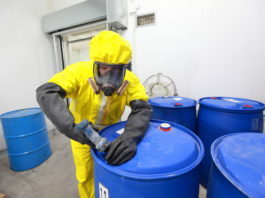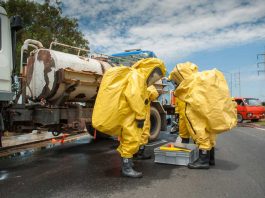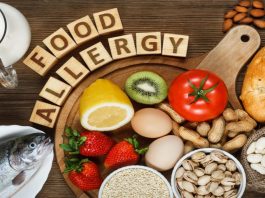Unlimited Access
Learn what you want – when you want – and at your own pace! Our learning platform helps you take control of your career by building the right skills at the right time.
Comprehensive Catalog
Access thousands of expert-authored courses covering the latest in occupational safety training, continuing education, and certifications.
Interactive Content
All courses have interactive multimedia content that helps students learn faster and retain the information longer.
Subject Matter Experts
Courses designed and written by the top experts in their fields.
Group Discounts
Get huge discounts by enrolling and training all your employees.
5 Days a Week
Hours of Operation for support are:
Monday through Friday 8am (CST) to 8pm (CST)
Saturday Closed
Sunday Closed
ARTICLES
- Advertisement -

Popular
Turkey Food Safety Tips
Raw poultry (turkey, chicken, duck, goose, quail, etc.) may contain harmful bacteria such as Salmonella and Campylobacter. Proper preparation, cooking, and storage procedures must be followed - or a foodborne illness can occur.
Grilling Food and Fire Safety
Are you going to celebrate the weekend by throwing a grilling party? Make sure you have a plan that includes food safety and fire safety. Practicing proper food and fire safety principles and procedures are the keys to having a safe weekend full of fun, food, and family time!
Why is food safety training & certification necessary?
Food safety not only affects continued patronage and sales of a food service business, but also public safety. Many businesses require food safety training, so being food safety trained will increase your chances of employment. Furthermore, businesses are willing to pay higher wages to those trained.
Food Safety Education for the Family
Have a conversation about food safety with you children – no matter the age. Basic discussion topics can make a big difference in understanding and preventing a food illness. Follow basic food safety principles and procedures to help keep you and your family safe.
Food Safety for Pork
Pork requires the safe preparation, cooking temperature, and proper storage of leftovers in order to prevent food illness. The USDA recommends cooking pork to a minimum cooking temperature of 145°F - as measured with a food thermometer - in order to kill any pathogens.



















































